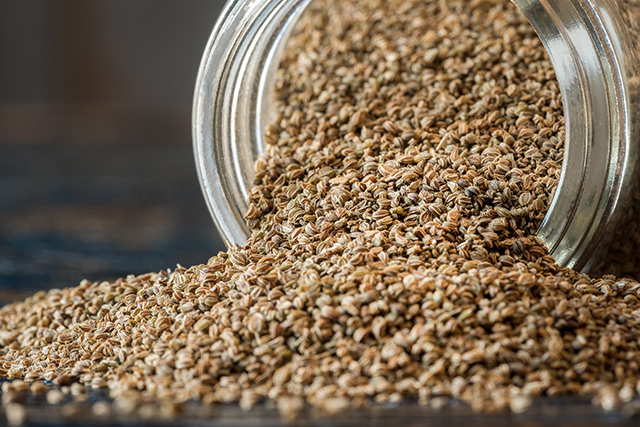Vitamin D reduces inflammation caused by Type 2 diabetes
05/05/2018 / By Michelle Simmons

In a review of studies published in the journal Nutrition Reviews, vitamin D was found to reduce inflammation brought by Type 2 diabetes.
Chronic low-grade inflammation is known to precede and to be present in the development of Type 2 diabetes. A team of researchers from Monash University in Melbourne, Australia found that the meta-analysis of 20 randomized controlled trials showed lower levels of three inflammatory markers in patients with type 2 diabetes who were given vitamin D supplements.
In addition, those who were supplemented with vitamin D had lower levels of C-reactive protein, tumor necrosis factor-alpha, and erythrocyte sedimentation rate in comparison to those who did not receive the vitamin D supplement. Moreover, they observed higher levels of leptin, a hormone that works to suppress hunger.
“Our systematic review and meta-analysis showed that in patients with T2D [Type 2 diabetes], vitamin D supplementation results in a modest decrease several markers of inflammation and increase in leptin levels,” said senior researcher Barbora de Courten.
Furthermore, this review would help address the lack of consensus and knowledge gap on whether the supplementation of vitamin D could lessen inflammation in Type 2 diabetes patients. It brought together all existing randomized controlled trial evidence, as previous intervention studies have demonstrated conflicting results.
The research team concluded that their meta-analysis suggested that the supplementation of the vitamin may be an additional therapy to improve inflammation in Type 2 diabetes patients. Through this, the vitamin can potentially prevent or delay the progression of the disease.
Although more studies are needed to confirm to confirm the beneficial effects of vitamin D supplementation on Type 2 diabetes, it is best to have sufficient vitamin D through diet and exposure to sunlight, at the same time considering current recommendations for skin cancer prevention.
Up your vitamin D intake with different foods
Vitamin D can be obtained from food and sun exposure. However, not everyone gets enough sunlight exposure, especially during winter. In fact, 40 percent of the U.S. population is deficient in vitamin D. This is partly a result of spending more time indoors, wearing sunblock outside, and eating a diet low in good sources of vitamin D. Here are several healthy foods that are rich in vitamin D:
- Cod liver oil – Cod liver oil is a good alternative source of vitamin D if you do not like fish as it contains 450 international units (IU) per teaspoon. Besides, it also contains vitamin A.
- Egg yolks – Eggs are also rich in vitamin D. Chickens raised outside in the sunlight produce eggs with vitamin D levels that are three to four times higher than the eggs sold in the market.
- Fish – Vitamin D can be obtained from fish, such as herring, sardines, salmon, and tuna.
- Fortified foods – Fortified foods, such as orange juice, cereal, and oatmeal, are also sources of vitamin D. They contain around 55 to 130 IU per serving.
- Mushrooms – Mushrooms are the only plant source of vitamin D. Like humans, they can synthesize the vitamin when exposed to sunlight.
- Oysters – Oysters contain 320 IU of vitamin D, and they contain other nutrients like vitamin B12, copper, and zinc.
- Shrimp – Shrimp can provide 152 IU of vitamin D per serving. They are also very low in fat.
Another possible reason why people are deficient in vitamin D is that they may not have enough amount of magnesium. Magnesium is important in the absorption of vitamin D. You can obtain magnesium from different foods, such as nuts, seeds, beans, fruits, green vegetables, tofu, and whole grains.
Read more news stories and studies on vitamin D benefits by going to VitaminD.news.
Sources include:
Tagged Under: diabetes, diabetes prevention, Diabetes treatment, inflammation, Magnesium, nutrients, prevention, research, sun, sun exposure, sunlight, supplements, treatments, Type 2 Diabetes, vitamin D, vitamins



















